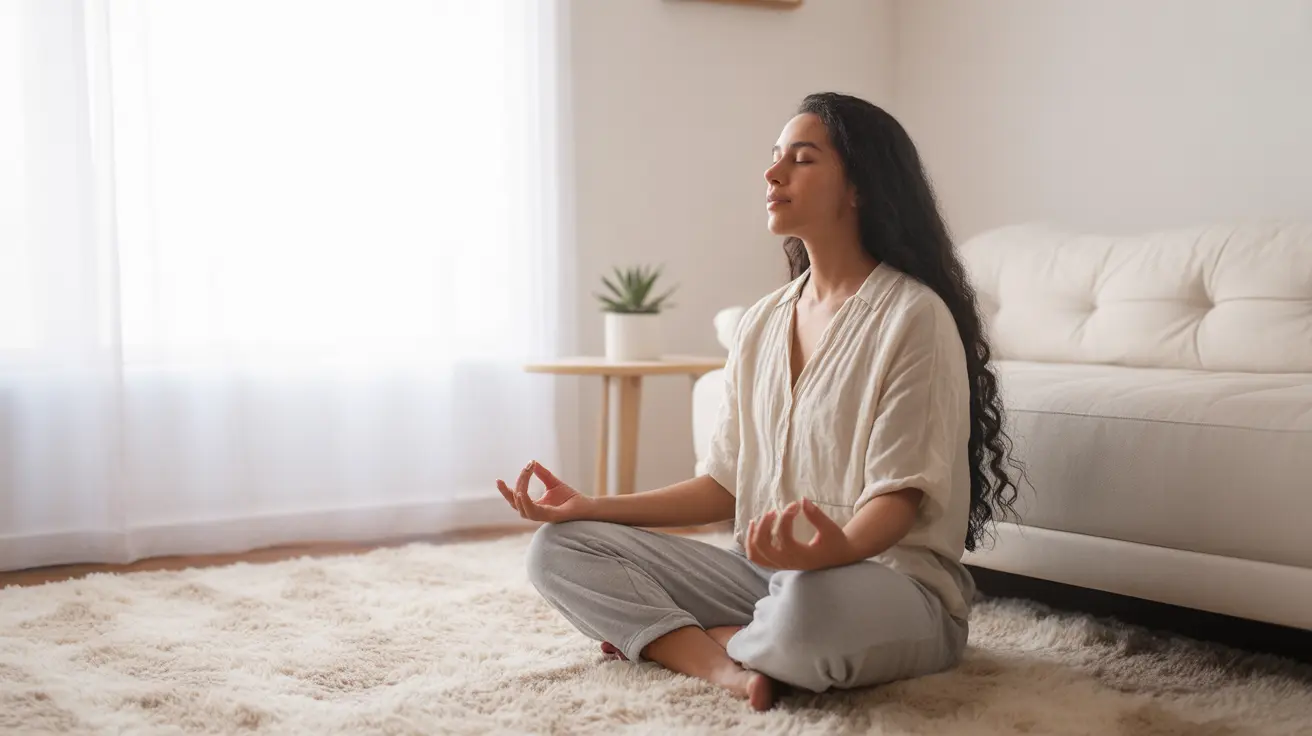Living with anxiety can feel overwhelming, but developing effective coping skills can make a significant difference in managing symptoms and improving overall well-being. Whether you're dealing with occasional anxiety or a diagnosed anxiety disorder, learning practical strategies to handle anxious thoughts and feelings is crucial for maintaining mental health.
This comprehensive guide explores evidence-based coping skills for anxiety, from immediate relief techniques to long-term management strategies. By incorporating these tools into your daily routine, you can build resilience and better control over anxiety symptoms.
Understanding Anxiety and Its Impact
Anxiety manifests differently for each person, but common symptoms include racing thoughts, physical tension, rapid heartbeat, and overwhelming worry. Recognizing these symptoms is the first step in developing effective coping mechanisms that work for your specific situation.
Immediate Relief Techniques
Deep Breathing Exercises
Deep breathing exercises are powerful tools for managing anxiety in the moment. The 4-7-8 technique involves inhaling for 4 counts, holding for 7, and exhaling for 8 counts. This method helps activate your body's relaxation response and can quickly reduce anxiety symptoms.
Grounding Techniques
When anxiety strikes, grounding techniques can help you stay present and centered. The 5-4-3-2-1 method involves identifying 5 things you can see, 4 things you can touch, 3 things you can hear, 2 things you can smell, and 1 thing you can taste.
Mindfulness and Meditation Practices
Regular mindfulness practice has been shown to significantly reduce anxiety levels. Start with short 5-minute sessions focusing on your breath or body sensations. Gradually increase duration as you become more comfortable with the practice.
Progressive Muscle Relaxation
This technique involves systematically tensing and relaxing different muscle groups, helping release physical tension associated with anxiety. Practice this method daily for best results, especially before bed or during high-stress periods.
Lifestyle Modifications for Anxiety Management
Exercise and Physical Activity
Regular physical activity releases endorphins, natural mood elevators that can help reduce anxiety. Aim for at least 30 minutes of moderate exercise most days of the week, choosing activities you enjoy such as walking, swimming, or yoga.
Dietary Considerations
What you eat can impact anxiety levels. Limit caffeine and alcohol consumption, maintain regular meal times, and focus on whole foods rich in omega-3 fatty acids, B vitamins, and magnesium. Stay hydrated and avoid skipping meals.
Cognitive-Behavioral Strategies
Cognitive-behavioral therapy (CBT) techniques can help you identify and challenge anxious thoughts. Practice reframing negative thought patterns and develop more balanced perspectives on challenging situations.
Journaling and Thought Records
Keep a journal to track anxiety triggers, symptoms, and effective coping strategies. This practice helps identify patterns and provides valuable insights for managing anxiety more effectively over time.
Creating a Support System
Build a network of understanding friends, family members, or mental health professionals who can provide support during difficult times. Don't hesitate to reach out when you need help or someone to talk to.
Frequently Asked Questions
What are the most effective coping skills to manage anxiety symptoms naturally?
The most effective natural coping skills include deep breathing exercises, regular physical activity, mindfulness meditation, and progressive muscle relaxation. Consistency in practicing these techniques is key to their effectiveness.
How can mindfulness exercises help reduce anxiety and stress in daily life?
Mindfulness exercises help by bringing attention to the present moment, reducing worry about the future or past. Regular practice can improve emotional regulation, decrease stress response, and enhance overall mental well-being.
What deep breathing techniques are best for calming anxiety quickly?
The 4-7-8 breathing technique, box breathing (4 counts each for inhale, hold, exhale, and hold), and diaphragmatic breathing are particularly effective for quick anxiety relief. These techniques can be practiced anywhere, anytime.
Can lifestyle changes like exercise and diet improve anxiety management?
Yes, regular exercise releases endorphins that naturally reduce anxiety, while a balanced diet rich in whole foods, omega-3s, and B vitamins can help stabilize mood and energy levels. Limiting caffeine and alcohol can also significantly impact anxiety levels.
How does cognitive-behavioral therapy (CBT) help in developing coping skills for anxiety?
CBT helps by teaching you to identify and challenge anxious thoughts, develop healthier thought patterns, and build practical coping strategies. It provides tools to understand the connection between thoughts, feelings, and behaviors, enabling better anxiety management.
Remember that developing effective coping skills takes time and practice. Be patient with yourself as you explore different techniques and find what works best for you. If anxiety significantly impacts your daily life, consider seeking support from a mental health professional who can provide personalized guidance and additional strategies.




